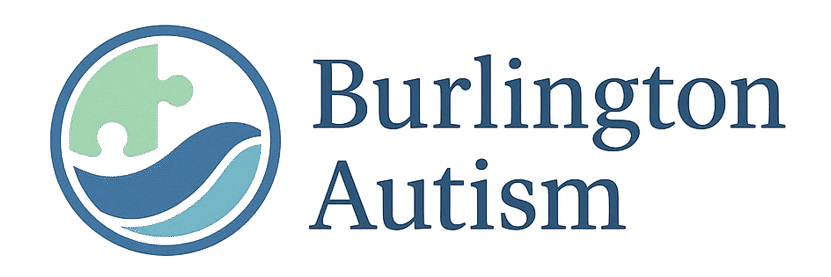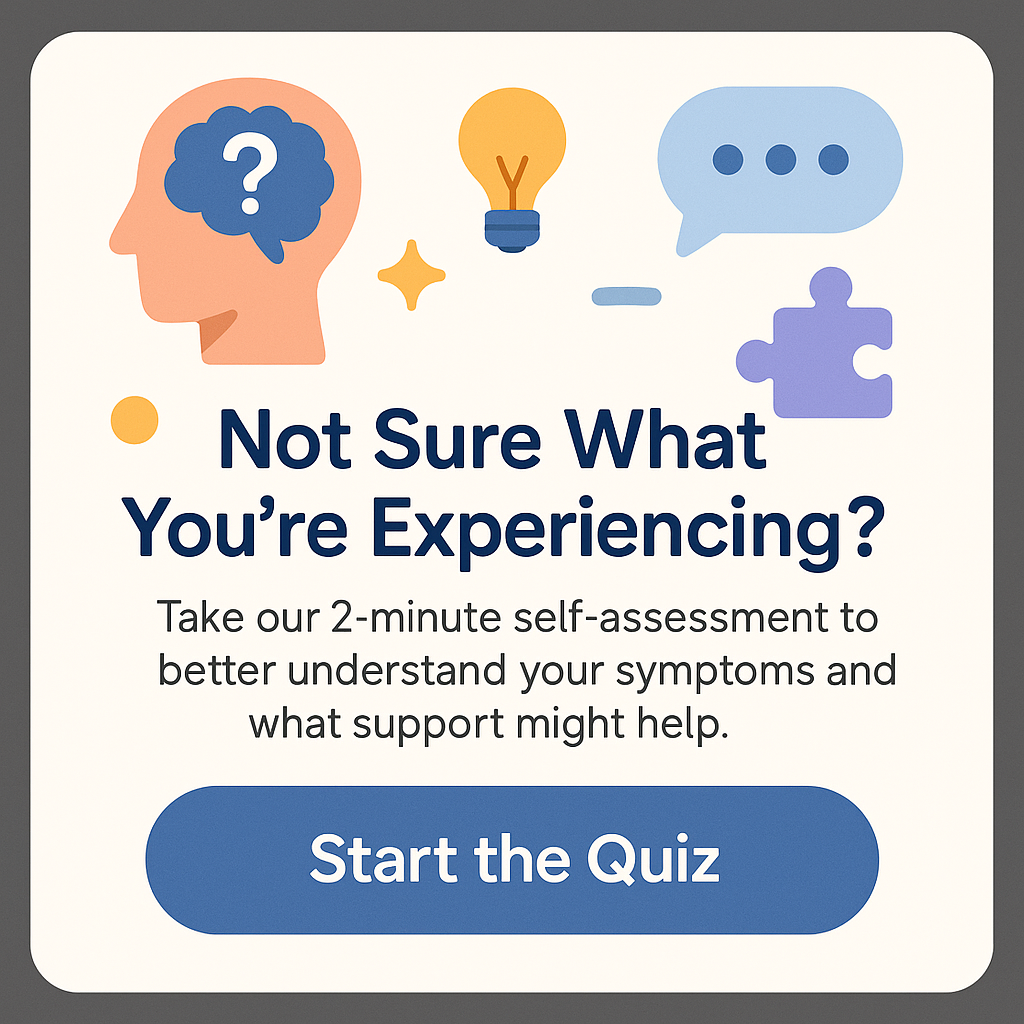How Do I Tell If I’m Autistic? Understanding the Signs and Next Steps
Wondering how do I tell if I’m autistic? Discover key signs, self-assessment tips, and expert resources to help you understand yourself better.
Autism spectrum disorder (ASD) affects millions of people worldwide, yet many remain unaware that they share traits of this condition. Whether you’re noticing signs within yourself or observing unusual behaviors in a loved one, the inquiry, “how do I tell if I’m autistic?” is both crucial and frequently complex. Understanding your thoughts, feelings, and behaviors can feel like trying to piece together a jigsaw puzzle where some of the pieces are missing. To help navigate this intricate process, we will take a deep dive into the common signs of autism, self-assessment techniques, and the importance of seeking professional guidance.
Recognizing the Signs of Autism
When it comes to determining if you might be autistic, the signs can vary widely from person to person. That’s part of what makes autism a spectrum disorder. Some people may experience mild traits, while others may face significant challenges that impact their daily lives. Recognizing these signs is often the first step in answering the question, “how do I tell if I’m autistic?” Here, we’ll break down some of the most prevalent characteristics associated with autism.
Social Interaction Challenges
A hallmark of autism involves difficulties with social interaction. You might find social gatherings overwhelming or struggle to read social cues like body language or tone. For someone wondering, “how do I tell if I’m autistic?” common experiences can include:
- Difficulty Understanding Social Norms: If you feel baffled by the unwritten rules of social gatherings, you’re not alone. Many autistic individuals experience this sense of confusion.
- Struggles with Eye Contact: Some individuals might feel uncomfortable making eye contact, while others may gaze too intently, which can cause discomfort in social situations.
- Challenges in Forming Friendships: Building and maintaining relationships can feel daunting. You might prefer solitude or feel unsure what topics to discuss.
Sensory Sensitivity
Another avenue to explore when asking, “how do I tell if I’m autistic?” is sensory experiences. Many autistic individuals have heightened or diminished sensitivity to sensory input. You could find specific sounds, tastes, or textures unbearable, or, conversely, you may crave certain sensations. Awareness of these sensory responses may lead you to understand more about your behavior:
- Overstimulation: Loud environments or bright lights may make you feel anxious or irritable.
- Undersensitivity: On the other hand, you might seek out extreme sensations, such as engaging in risky behaviors just to feel something.
Repetitive Behaviors
Repetitive behaviors can manifest in various ways, and recognizing them is key in answering, “how do I tell if I’m autistic?” You might notice yourself engaging in certain routines or rituals that provide you comfort:
- Routine Obsession: A strong preference for sameness and routine can be a significant indicator. Changes in plans or unexpected disruptions may cause distress.
- Special Interests: Many autistic individuals have intense passions for particular subjects or activities, sometimes to the point of obsession.
By recognizing these common indicators, you’ll begin to piece together your unique experience which is crucial in determining your relationship with autism. However, self-assessment is just the beginning. It’s essential to consider further action, especially if your signs are consistent with those of autism.
Self-Assessment Techniques
Now that you have a foundation in recognizing the signs of autism, the next question often feels like, “how do I tell if I’m autistic?” engages more self-directed techniques. Self-assessment can help in understanding your unique neurotype more intimately. Here are vital steps to facilitate this process:
Self-Reflection
One of the best tools you have is self-reflection—taking the time to think deeply about your experiences and feelings. Here’s how to approach that:
- Journaling: Start a journal to note patterns in your thoughts, feelings, and behaviors. Do you note discomfort in social situations? What activities fill you with joy? This simple practice can unlock valuable insights.
- Feedback from Trusted Sources: Discuss your experiences with family or friends. They might point to traits you overlook or take for granted, adding another layer to your self-evaluation.
Online Autism Screening Tests
Various online screening tools can serve as another means of self-assessment. Websites like the Autism Spectrum Quotient (AQ) test offer questionnaires that can provide insights into autistic traits.
However, remember that these tests are not definitive diagnoses—they merely serve as preliminary assessments that can guide you in seeking more formal evaluation.
The Importance of Professional Assessment
While self-assessment plays a crucial role in understanding autism, seeking professional help is invaluable. This is pivotal in addressing your concern about “how do I tell if I’m autistic?” A qualified professional can provide a comprehensive evaluation that incorporates various diagnostic tools.
Seeking an Autism Diagnosis
Once you’ve recognized potential signs and completed preliminary assessments, consider seeking a professional evaluation. Here’s what to expect in that process:
- Comprehensive Interviews: A professional might conduct detailed interviews to discuss your history, behaviors, and experiences.
- Standardized Tests: Using various tools and tests, they can gauge your traits more scientifically.
- Collaboration with Family: Involving family members in the process can offer wider insights into your behavior and growth.
Understanding the Assessment Results
Once your assessment concludes, the results will guide your next steps. If diagnosed with autism, understanding the nuances of your condition can lead to tailored strategies that enhance your quality of life:
- Personalized Resources: Effective resources can offer support tailored to your experiences.
- Community Engagement: Finding support groups can help you connect with others who’ve navigated similar paths.
Conclusion
Asking “how do I tell if I’m autistic?” is a deeply personal journey filled with discovery and insights about yourself. With a combination of self-reflection, understanding signs, and seeking professional assessment, you can develop a clearer picture of your neurodiversity. If you resonate with any of the characteristics discussed, or simply feel a disconnect between your experiences and those of others, it might be worth exploring your feelings further. Remember, it’s not just about identifying if you are autistic; it’s about understanding yourself better and finding the support you need. Autism isn’t a defining limitation but rather a part of the beautiful spectrum of human experiences. So, embrace the journey, seek the resources you need, and connect with communities that offer understanding and acceptance. You are not alone!
FAQs
1. Can I self-diagnose autism?
While self-assessment can guide you, only a qualified professional can provide a formal diagnosis.
2. What age are people typically diagnosed with autism?
Autism can be diagnosed in early childhood, but many adults are diagnosed later in life as awareness has increased.
3. Are all autistic individuals the same?
No, autism is a spectrum disorder. Each person’s experience is unique with varying degrees of challenges and strengths.
4. What should I do if I think I might be autistic?
Consider journaling your experiences, looking at online assessments, and seeking a professional evaluation.
5. Where can I find support if I am diagnosed with autism?
Look for local support groups, online forums, or communities dedicated to autism awareness. Additionally, consult with healthcare providers for resources.
What Does High Functioning Autism Look Like?
Understanding Therapeutic Dogs for Autism: A Comprehensive Guide







